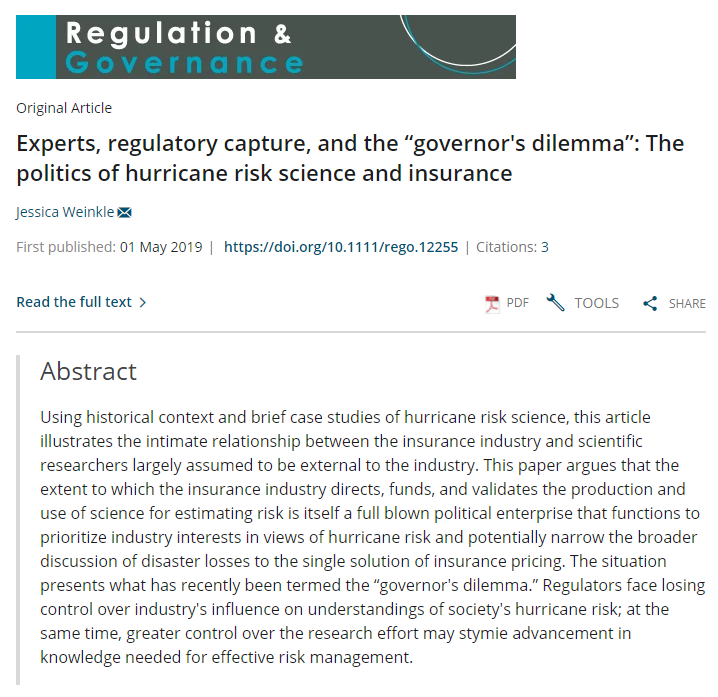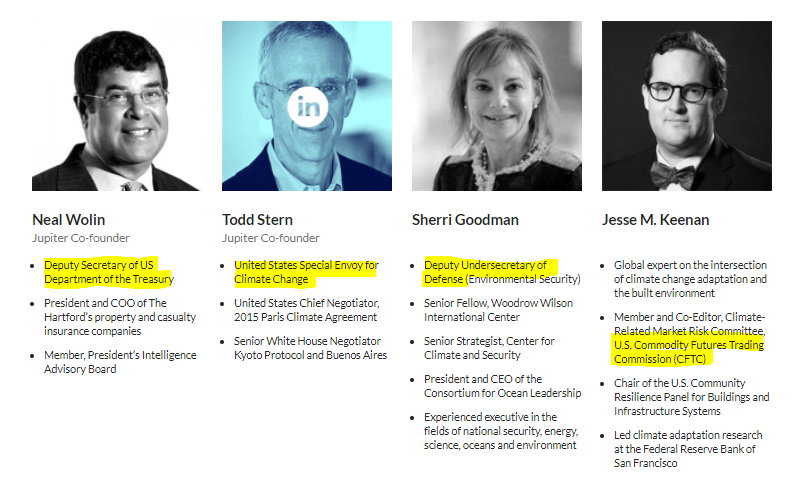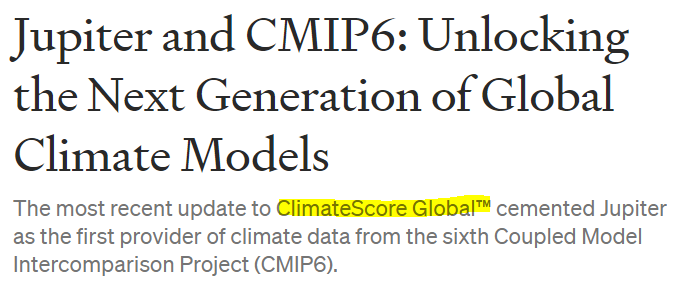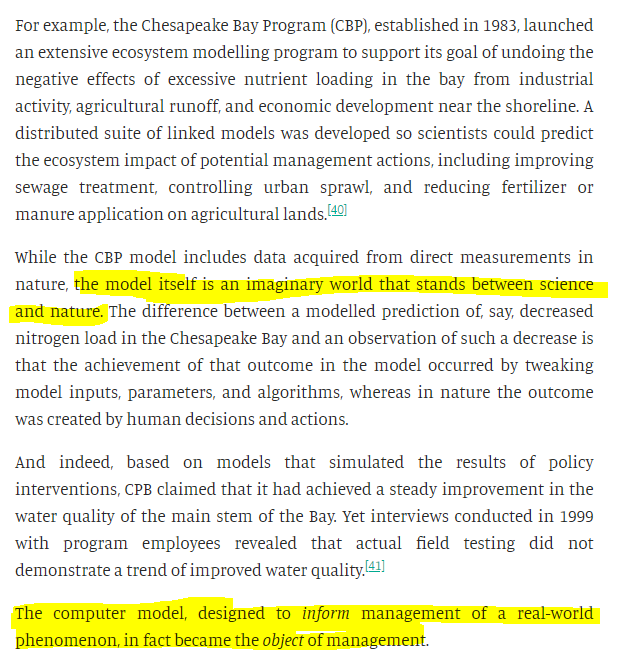
A short 🧵 on uncontrolled orbital debris re-entry . . .
Heads Up! A Used Chinese Rocket Is Tumbling Back to Earth This Weekend. nytimes.com/2021/05/06/sci…
Heads Up! A Used Chinese Rocket Is Tumbling Back to Earth This Weekend. nytimes.com/2021/05/06/sci…
Back in 2001 I led a NASA workshop on the risks and benefits of (a) a controlled re-entry of the TRMM (precipitation measurement) satellite vs (b) extending the mission, collecting more data and having the satellite re-enter in uncontrolled fashion
sciencepolicy.colorado.edu/about_us/meet_…
sciencepolicy.colorado.edu/about_us/meet_…

At our workshop NASA estimated risk of injury of uncontrolled re-entry to be ~2 in 10,000 (0.021%) w/ significant uncertainties
This was based on a 35 deg orbital inclination, estimates of the debris field and estimated 2004 global population densities
sciencepolicy.colorado.edu/about_us/meet_…
This was based on a 35 deg orbital inclination, estimates of the debris field and estimated 2004 global population densities
sciencepolicy.colorado.edu/about_us/meet_…

The rocket re-entering tomorrow has a 41.5 deg orbital inclination, global population has increased since 2004 & (likely) has a greater debris field than TRMM satellite
So my back of the envelope math suggests risks of injury to any person are >1 in 5,000
Small, but not zero
So my back of the envelope math suggests risks of injury to any person are >1 in 5,000
Small, but not zero
TRMM re-entered in 2015 and fell harmlessly into the Indian Ocean
Our workshop provided some discussion of options for NASA, but did not recommend a best option (a good early experiment in honest brokering!)
Our workshop provided some discussion of options for NASA, but did not recommend a best option (a good early experiment in honest brokering!)

Additional decade+ of rainfall obs contributed to improved weather forecasts (eg, link below) very likely saving more lives than the risks of allowing TRMM to re-enter uncontrolled
There's always risks and benefits associated with policy alternatives
/END
rmets.onlinelibrary.wiley.com/doi/abs/10.100…
There's always risks and benefits associated with policy alternatives
/END
rmets.onlinelibrary.wiley.com/doi/abs/10.100…
• • •
Missing some Tweet in this thread? You can try to
force a refresh



















